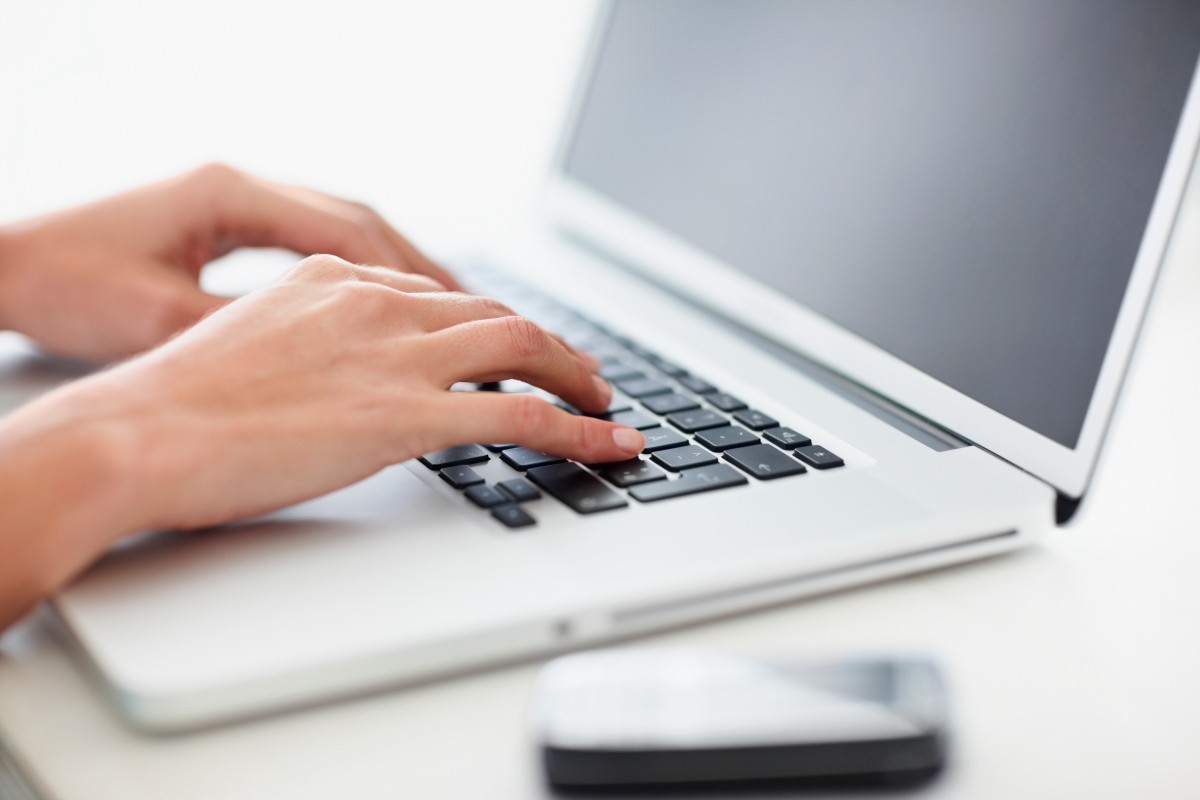More Posts
- Approvals Now Usher in Next-Gen GMOs: Herbicide And Insecticide Use On GMO Crops Is Skyrocketing
- Herbal Remedies: Rising demand Can Increase Cultivation In The Wild
- Wonderful Reasons To Be A List Maker
- Fever-Reducing Medication May Inadvertently Cause More Harm
- Adding Turmeric To Your Diet: 10 Powerful Benefits

Email was supposed to free up time in workplace communications: Send some in lieu of an in-person meeting! Work remotely! Take your time crafting one instead of blurting out something stupid!
But now that everyone is so instantly reachable, work email has slipped its tentacles into our off-the-clock lives, subtly demanding evening responses and extending the workday indefinitely. Now, 52% of Americans check their e-mail before and after work, even when they take a sick day; ignoring email can seem more stressful than dashing off a quick response. But all that continuous connection comes at a cost to our health, finds new research published in the Journal of Occupational Health Psychology.
What Are the Risks of Being Always Accessible?
Those who experienced greater telepressure, and therefore made a habit of responding to e-mails ASAP no matter what the hour, reported:
- Worse sleep
- Higher levels of burnout (physical and cognitive)
- Increased health-related absences from work
As Barber told TIME:
“It’s like your to-do list is piling up, so you’re cognitively ruminating over these things in the evening and re-exposing yourself to workplace stressors… When people don’t have this recovery time, it switches them into an exhaustion state, so they go to work the next day not being engaged.”
This is not a uniquely American problem, of course. In the European Union, surveys show that people are finding it increasingly difficult to stop their work life from blending with their private life. And in Germany, psychological illness is the reason for 14 percent of missed work days, which is a 50 percent rise over the last 12 years.
Without the necessary …
![]() But as much as we hate being telepressured, we absolutely love telepressuring others. “We all get kind of used to that immediate gratification of getting fast responses and having those communications that are complete,” Barber says. “We all like it when other people are telepressured, because it helps us complete our tasks faster.” Still, it’s neither sustainable nor good for our health—and it might take an email revolution of a different sort to change things.
But as much as we hate being telepressured, we absolutely love telepressuring others. “We all get kind of used to that immediate gratification of getting fast responses and having those communications that are complete,” Barber says. “We all like it when other people are telepressured, because it helps us complete our tasks faster.” Still, it’s neither sustainable nor good for our health—and it might take an email revolution of a different sort to change things.
Please Read this Article at Articles.Mercola.com





Leave a Reply